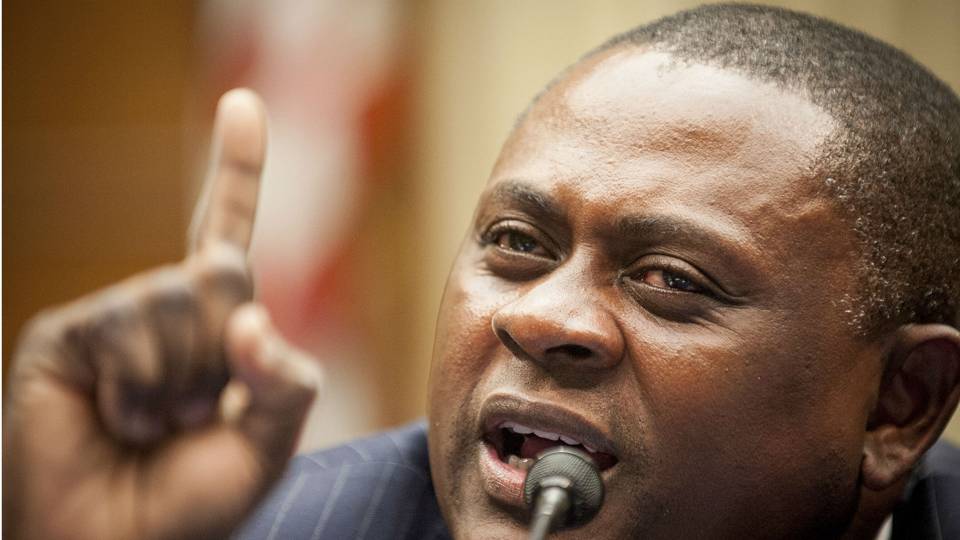PollyannaMom
I was a click-clack champ!!
- Joined
- May 16, 2006
I was never really into in football in the first place, but CTE makes me question it even more. - That stuff is really scary! (And, yes, I know other sports can cause concussions as well...but I think concussions, and especially repeated ones, are a whole lot more likely in football and boxing than, say, tennis or golf.)
Thankfully, my son never asked to play football - but if he had, I would have said no. I'm sure there are some benefits to playing, but I just can't see them actually outweighing the risks in this case. (And I'm not a "bubble-wrap" parent. I do believe some risk is normal and appropriate.)
I've been reading a book lately called The Teenage Brain (Frances E. Jensen, MD) and just this morning happened to hit Chapter 15 - "Sports and Concussions." There was a lot of interesting information on CTE, and on how concussions affect adolescents differently than adults:
https://www.goodreads.com/book/show/18964642-the-teenage-brain
.
Thankfully, my son never asked to play football - but if he had, I would have said no. I'm sure there are some benefits to playing, but I just can't see them actually outweighing the risks in this case. (And I'm not a "bubble-wrap" parent. I do believe some risk is normal and appropriate.)
I've been reading a book lately called The Teenage Brain (Frances E. Jensen, MD) and just this morning happened to hit Chapter 15 - "Sports and Concussions." There was a lot of interesting information on CTE, and on how concussions affect adolescents differently than adults:
https://www.goodreads.com/book/show/18964642-the-teenage-brain
.
Last edited:

 (not rolling my eyes at you, but the idea that he wouldn't have committed the crimes or killed himself, if not for CTE) It appears some people think the NFL is full of perfect, upstanding citizens that unlike the general population, where there are bad people who do commit violent crimes, would never harm anyone, if it weren't for CTE. Let's just give them all a get out of jail free card to do whatever they choose, then blame CTE.
(not rolling my eyes at you, but the idea that he wouldn't have committed the crimes or killed himself, if not for CTE) It appears some people think the NFL is full of perfect, upstanding citizens that unlike the general population, where there are bad people who do commit violent crimes, would never harm anyone, if it weren't for CTE. Let's just give them all a get out of jail free card to do whatever they choose, then blame CTE.